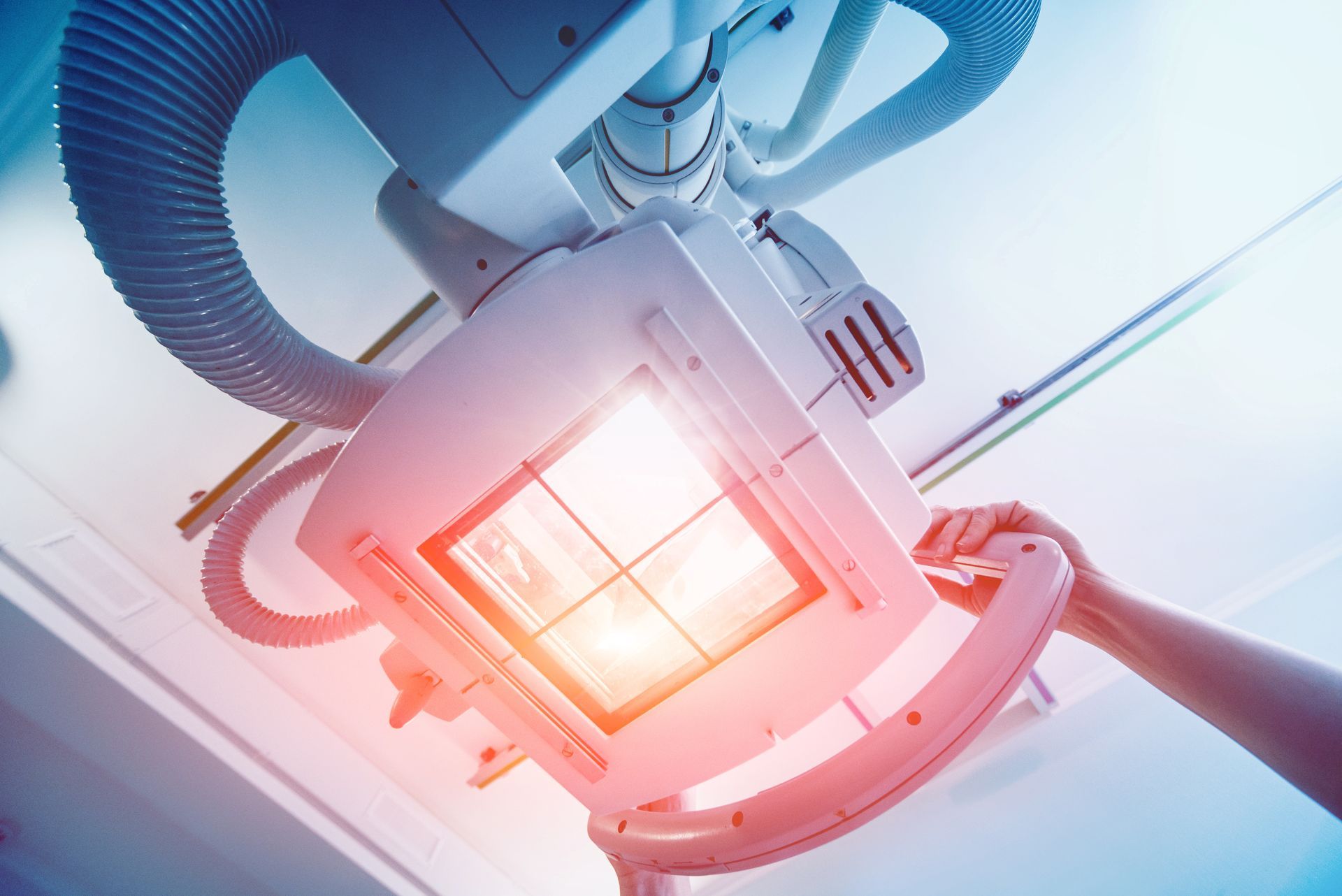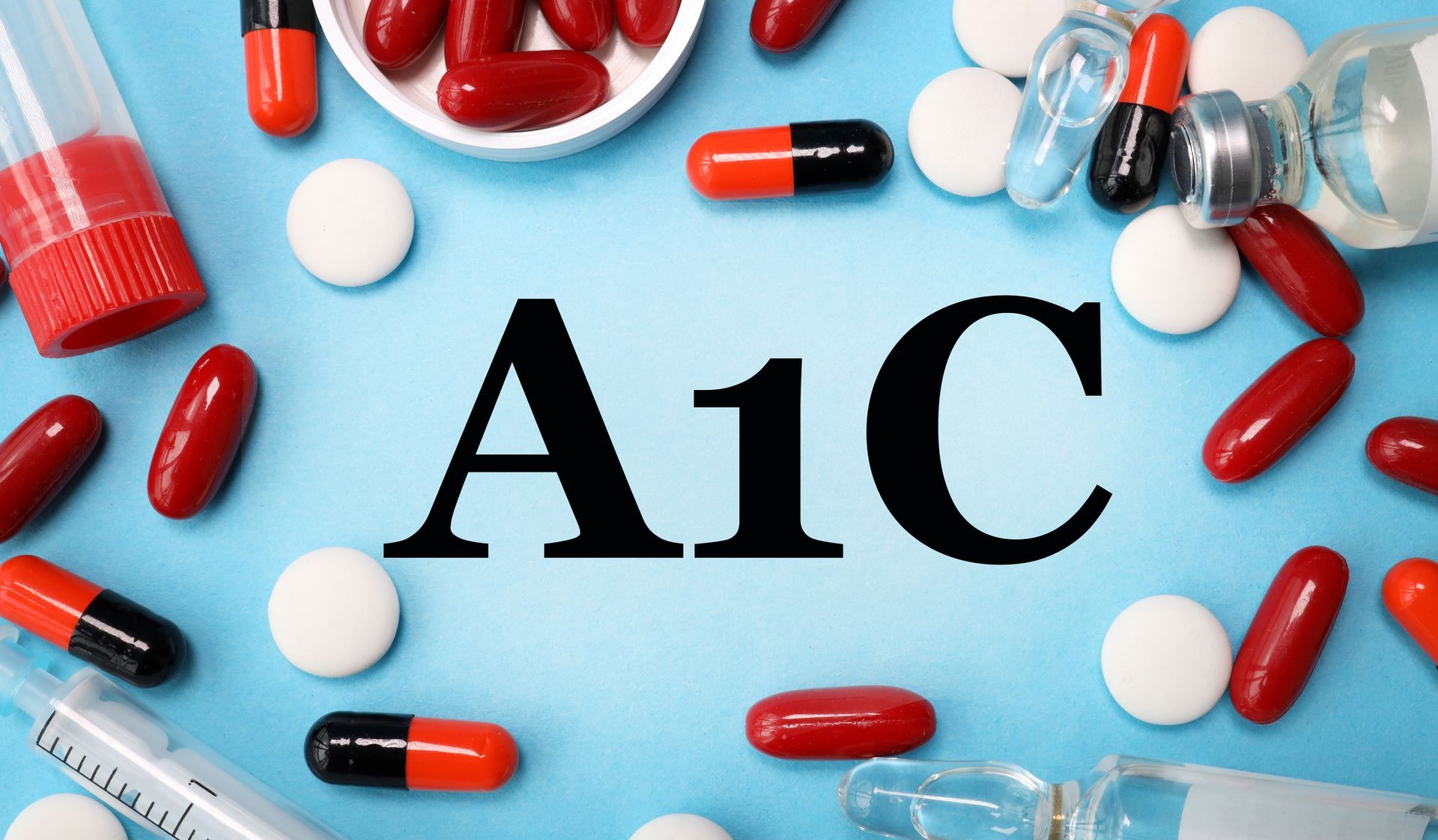Recent Posts
What’s the Difference Between a Screening and a Diagnostic Test?

When it comes to staying healthy, medical tests play a major role in early detection and treatment. But if you’ve ever looked at your doctor’s orders and wondered, “Why am I getting a screening instead of a diagnostic test or vice versa?” you’re not alone. These two terms are sometimes used interchangeably, but they do mean different things.
What Is a Screening Test?
A screening test is performed before symptoms appear. The goal is to catch potential health problems early, sometimes even before you realize anything is wrong. Screening is proactive, designed to identify risk factors or early stages of disease in people who may feel perfectly healthy.
Examples of Screening Tests
- Mammograms: Recommended for women (often beginning around age 40–50) to detect early breast cancer.
- Colonoscopy or stool tests: Screen for colorectal cancer.
- Blood pressure checks: Monitor risk of heart disease and stroke.
- Cholesterol or blood sugar tests: Screen for diabetes or cardiovascular risk.
- CT lung scans: Recommended for long-term smokers to screen for early lung cancer.
Screening doesn’t provide a definitive answer, but it can highlight areas of concern that may justify further testing.
What Is a Diagnostic Test?
A diagnostic test is ordered after a symptom, abnormal result or clinical concern arises. Its purpose is to confirm (or rule out) a specific condition. Diagnostic tests are more targeted, often more detailed and help guide treatment decisions.
Examples of Diagnostic Tests
- Diagnostic mammogram: Ordered if a screening mammogram shows a suspicious area or if a lump is felt.
- CT or MRI scan: Used to evaluate unexplained symptoms like persistent headaches, abdominal pain or injuries.
- Biopsies: Tissue samples taken to determine whether abnormal cells are cancerous.
- Blood tests: To confirm infections, anemia, thyroid disorders or autoimmune diseases.
The Main Differences Between Screenings and Diagnostic Tests
Screenings are proactive and part of routine preventive care, while diagnostic tests are ordered when symptoms, abnormal results or other concerns already exist and a specific condition needs to be confirmed or ruled out.
Many insurance plans fully cover preventive screenings, while diagnostic tests may involve copays or deductibles because they address existing health concerns.
When Do You Need a Screening Test?
Your doctor may recommend screenings based on your age, gender, family history and lifestyle. For example:
- Women: Regular mammograms for breast cancer and Pap smears for cervical cancer.
- Men: Prostate-specific antigen (PSA) test for prostate health.
- Everyone: Blood pressure checks, cholesterol panels and colon cancer screenings after age 45.
Even if you feel healthy, screening tests are important because many conditions (like high blood pressure or early-stage cancer) don’t cause noticeable symptoms at first.
When Do You Need a Diagnostic Test?
- You have symptoms, like a persistent cough, chest pain, unexplained weight loss, abnormal bleeding or lumps, that your primary care doctor thinks might be a sign of a serious condition.
- One of your screening tests flagged something that required further investigation. For instance, if your mammogram shows an irregular shadow, a diagnostic mammogram or ultrasound is ordered.
- Your doctor needs confirmation to pinpoint the cause of abnormal lab results or to guide treatment.
- If you’ve had a screening and were called back for a diagnostic test, don’t panic. It doesn’t automatically mean something serious is wrong; it just means your doctor wants a closer look.
Tips for Patients
- Follow screening guidelines: Ask your doctor which screenings are right for your age and health history.
- Don’t delay diagnostic tests: If your doctor orders a follow-up test, schedule it promptly. Early answers can prevent bigger health issues.
- Ask questions: If you’re unsure why a test is being ordered, ask your provider to explain the purpose.
- Keep track: Maintain a personal record of your test results and dates, as it helps with long-term health monitoring.
Our Doctors and Healthcare Professionals Perform Both Screenings and Diagnostic Tests in the Houston Area
At St. Hope Healthcare, we believe informed patients make the best health decisions. Whether you’re due for a routine screening test or need a diagnostic evaluation, our team is here to guide you with compassion and expertise.
Call us at (713) 778-1300 to schedule your screening or diagnostic test and take the next step toward better health and peace of mind.









